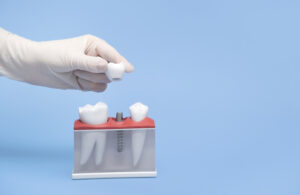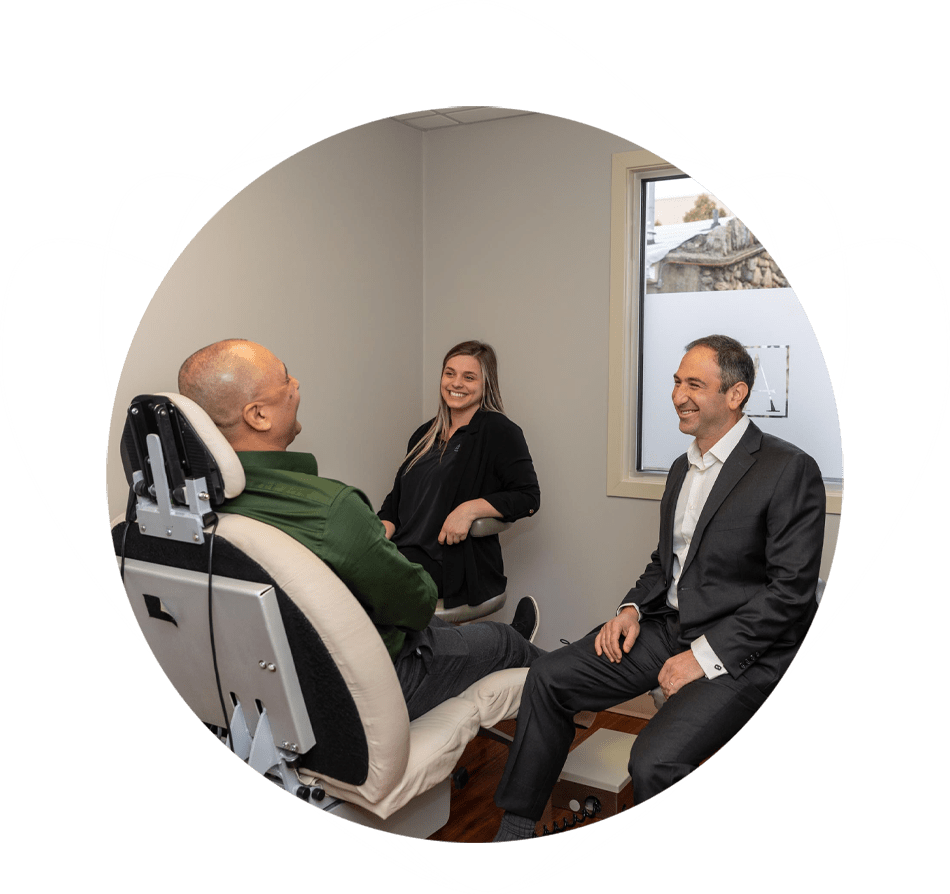Summer’s here and — surprise, surprise — you’re sneezing, coughing, and congested. Is it the pollen, grass, or a combination of both? Who knows. Summer allergies are pretty common. In fact, around 60 million Americans experience them. But maybe recently when you fall asleep with your mouth open, you wake up in the morning with a dry mouth and a sore jaw. Has this ever happened to you?
When asked to name symptoms allergies, most people would likely name a cough or a runny nose before they’d name jaw pain. But jaw pain accompanies these other unpleasant symptoms more often than you’d think.
Despite being a normal symptom, however, it’s important to make sure your jaw pain isn’t a symptom of a larger problem like TMJ.
How Allergies Cause Jaw Pain
Coughing once or twice doesn’t usually hurt the throat, but coughing all day can make it sore and sensitive. In the same way, frequent coughing and sneezing, which forces the mouth open, can cause jaw soreness simply due to the strain of overuse and muscle tension.
And of course, if congestion is causing you to breathe through your mouth during sleep, maintaining that open, strained position all night can easily trigger bruxism.
But that’s not all — when your sinuses get inflamed as a result of illness or infection, that inflammation can result in jaw pain, too. Your sinuses are all over your head and face, including right next to the ear, and next to the temporomandibular joint. Pressure in the sinuses can in turn put pressure on your jaw. For this reason, jaw pain and tooth pain is a frequent symptom of a sinus infection.
Could It Be TMJ?
If you’re experiencing mild jaw pain in conjunction with allergies, a cold, or a sinus infection, it could be nothing to worry about. But sometimes factors like the common cold or allergies can aggravate TMJ symptoms, or TMJ can even masquerade as sinus trouble.
People who have TMJ but haven’t yet been diagnosed may be writing off TMJ symptoms like migranes, tinnitus, or bruxism as unrelated. But TMJ can easily worsen over time if untreated. An experience like a cold that aggravates an already-inflamed temporomandibular joint could be the wakeup call that some people need to get checked out for TMJ problems.
Of course, it may not be a sinus infection at all. TMJ pain is often described as facial pain because of the way that it can stimulate nerve endings which connect to the face.
It is also worth considering the likelihood of sleep apnea if most of the pain is followed after sleep or if you are having nights of disturbed sleep.
How To Treat TMJ
TMJ typically is a symptom of a larger condition. Yet, many cases can come about isolated from other conditions as well. It is important to know what treatment options you have for TMJ and how they can help you.
Like with any other condition in western medicine, figuring out if your experience is in line with TMJ and the severity of your condition is important. The K7 Evaluation is one major way we use to evaluate the health of your jaw. This is also done alongside scanning the jaw with x-rays to evaluate the structure.
Following this, if you are determined to have TMJ, we move forward with treatment. Depending on your condition, treatment options may differ. We aim to be as minimally invasive as possible and avoid surgery whenever possible. That being said, orthodontics is a great option for aligning misaligned teeth. Non-surgical bite repositioning helps bring your jaw back into proper alignment with devices such as mouthguards. For any more permanent damage, we offer different dental implant options to help restore the jaw and bite line.
It’s Time To Talk About TMJ
Dr. George Sepiashvili and Dr. Wanda Mejia have expertise in handling all jaw-related injuries. Having received specialized training in using medical devices and techniques such as the K7 Evaluation System to help understand TMJ, we offer the highest-quality treatment options in the whole of New York State!
No matter what type of jaw pain you’re experiencing, the odds are good that TMJ is responsible. If you are ready to say goodbye to jaw pain, please contact our Advanced Dentistry of Mohegan Lake office in Mohegan Lake, NY and schedule your next appointment today!
We hope you do what’s best for you and reach out to us soon!
References
- Bruxism (teeth grinding), Mayo Clinic, https://www.mayoclinic.org/diseases-conditions/bruxism/symptoms-causes/syc-20356095
- Tinnitus, Mayo Clinic, https://www.mayoclinic.org/diseases-conditions/tinnitus/symptoms-causes/syc-20350156
- Sleep Apnea, Mayo Clinic, https://www.mayoclinic.org/diseases-conditions/sleep-apnea/symptoms-causes/syc-20377631
- K7x, Myotronics, https://www.myotronics.com/k7x





